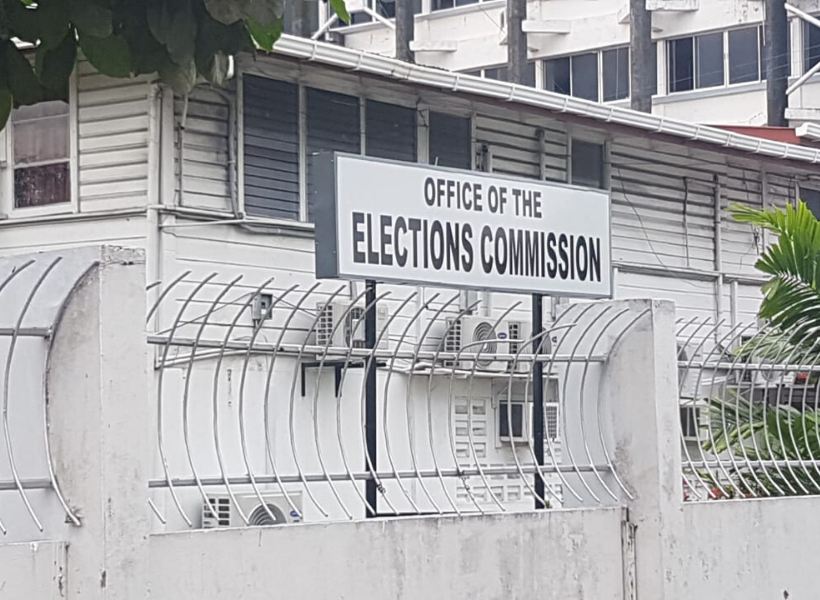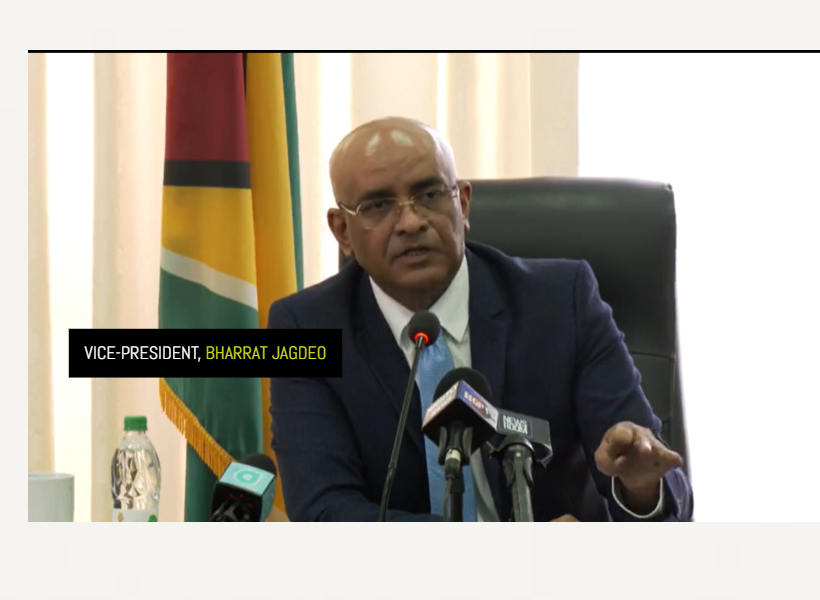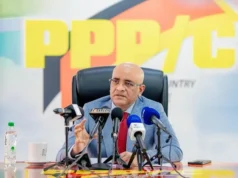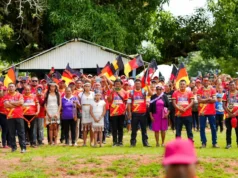By Sueann Wickham
Vice President, Dr. Bharrat Jagdeo recently shed light on the country’s first-ever oil blocks bid round and the crucial lessons learned from it. During his weekly press conference last Thursday, he said the key lessons drawn from this bid round revolve around the realization that securing investment in the sector is highly competitive; that countries with promising prospects are willing to lower their fiscal regimes just to attract investors.
With this in mind, Jagdeo cautioned against persons buying into the misconception that investing in the sector is risk-free and yields immediate profits. Investors, he emphasized, seek returns on their capital, recognizing the substantial risks involved.
He also noted that had it not been for the updated legislation and contract measures to ensure Guyana secured more benefits, all 14 oil blocks on offer would have been quickly snapped up. He pointed out that the absence of signing bonuses and the application of the previous fiscal arrangements, including a mere 2% royalty rate, would have made Guyana an irresistible destination for oil companies.
Furthermore, under the previous framework, there were no penalties for failing to implement the proposed work program. Dr. Jagdeo noted that under the new terms, companies must pay a minimum fee of US$10 million for shallow blocks and US$20 million for deepwater blocks if they fail to execute their work plans within the stipulated timeframes. Moreover, if a company commits to spending a substantial amount of capital and fails to deliver, they face a significant penalty, sometimes amounting to half of their allocated budget.
Despite these stringent conditions, Guyana managed to secure subscriptions for eight of the available blocks, signaling a promising future in the oil sector. However, Jagdeo stressed the importance of evaluating the details of each bid thoroughly.
To illustrate the magnitude of these investments, Dr. Jagdeo pointed to Exxon’s Whiptail project, estimated at a staggering US$13 billion, equivalent to twice the aggregate deposits in Guyana’s banking system. He said such colossal sums necessitate global fundraising efforts, highlighting the importance of partnerships between governments and investors.
He said with the introduction of new fiscal terms, some companies expressed concerns that the government’s take, including a 10% royalty and 10 percent corporate tax, was too substantial. Despite their concerns, he assured that government was able to strike a necessary balance in being securing more for its people while keeping the environment investor-friendly.













